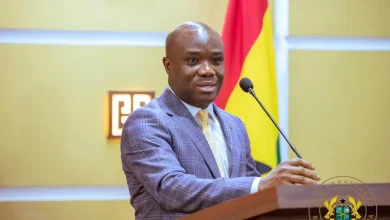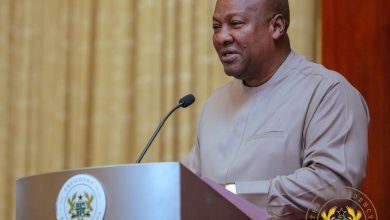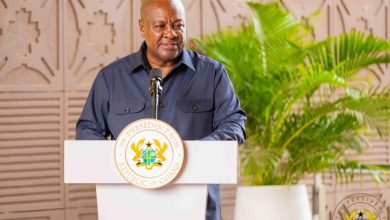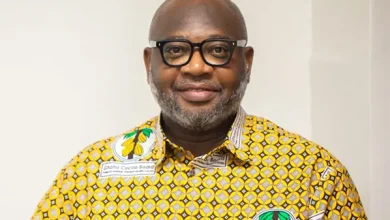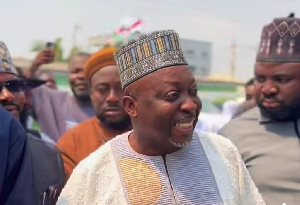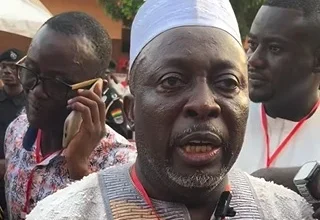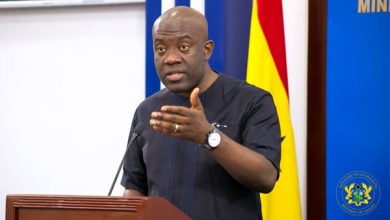Let’s not politicize Akosombo dam spillage and its aftermath – Akufo-Addo
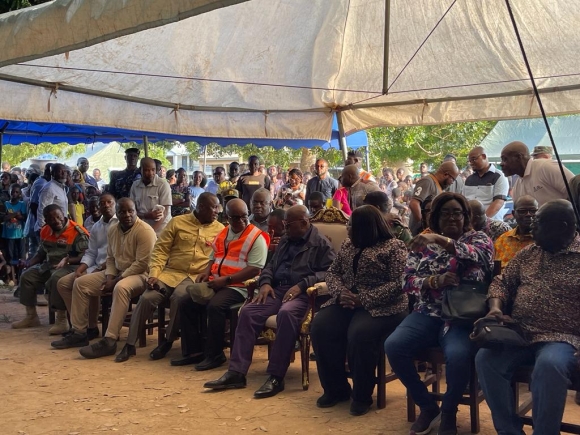
President Nana Addo Dankwa Akufo-Addo has appealed to Ghanaians not to play politics with the flood situation in the North, South, and Central Tongu constituencies of the Volta Region.
That, he said, was because the devastating effect of the spillage of the Akosombo Dam should be a matter of concern to all.
President Akufo-Addo said this when he visited the residents of Mepe and surrounding areas on Monday to ascertain the level of devastation caused by the spillage.
“Let everybody know that politics does not come into the issue when things like this occur and government acts. When I took the oath of office, I took it on behalf of everyone in Ghana. And whether they voted for me or not, I’m the president of the people,” he said.
He further assured that the government would do everything possible to ensure the needed help reached victims of flooding in parts of the Eastern, Greater Accra, and Volta regions as a result of the spillage of excess water from the Kpong and Akosombo Dams.
President Akufo-Addo indicated that the inter-ministerial committee he commissioned to tackle issues pertaining to the flooding was to decide the immediate relief to be provided to the victims and also to ensure such a disaster of greater proportion did not happen in the future.
Source: citinewsroom

